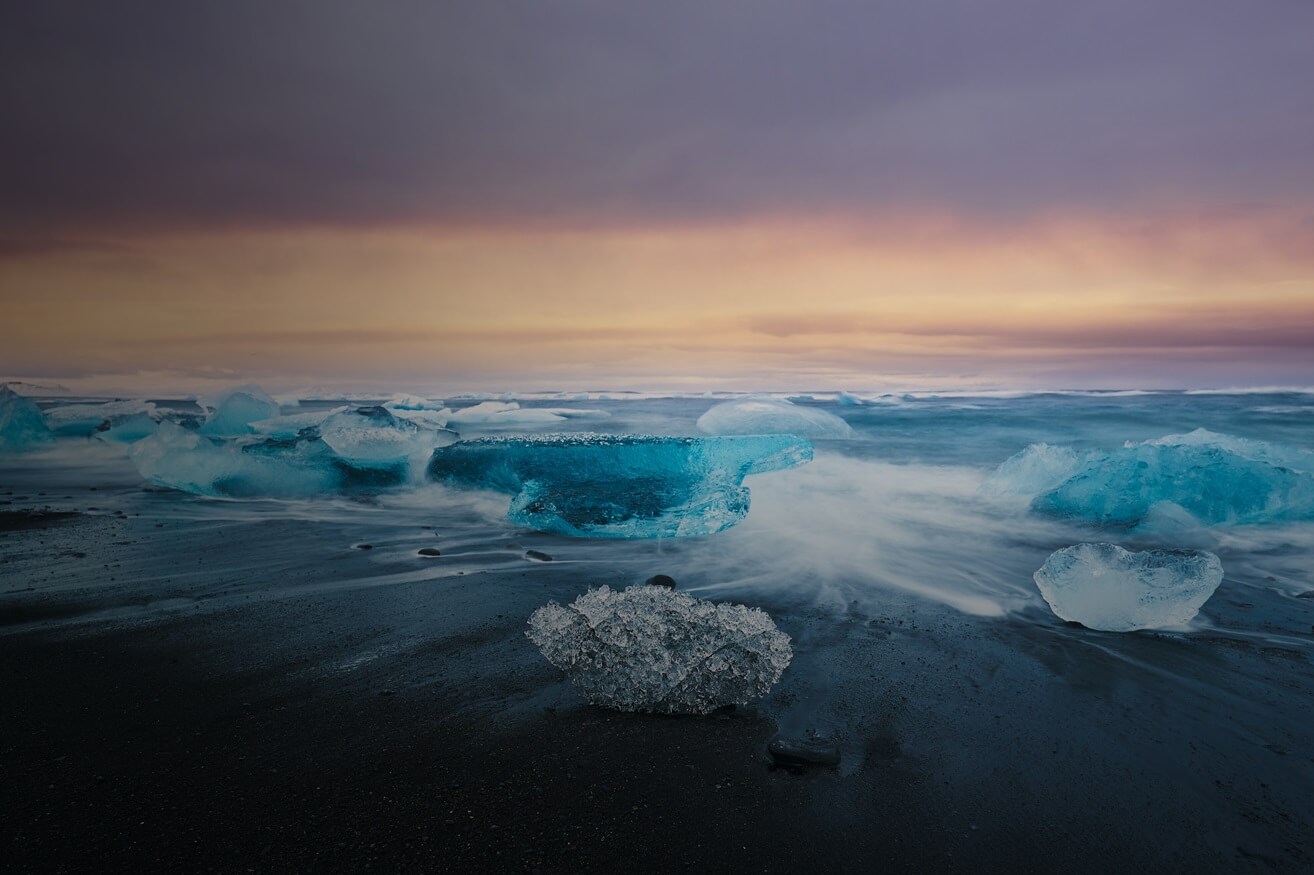
Congratulations 2024 Section Award and Lecture Honorees!
View Honorees
Honoring Scientific Advancement
AGU sections recognize the outstanding work of individuals in their scientific discipline for their meritorious work or service toward the advancement and promotion of Earth and space sciences.
Clear All
SECTION AWARDS AND LECTURES
Ascent Award
The Atmospheric Sciences Ascent Award is presented annually and recognizes excellence in research and leadership in the atmospheric and climate sciences from honorees between 8 and 20 years of receiving their Ph.D. Established in 2012, this award is given to four exceptional, mid-career scientists who are affiliated with AGU’s Atmosp...
Learn More
SECTION AWARDS AND LECTURES
Atmospheric and Space Electricity Early Career Award
The Atmospheric and Space Electricity Early Career Award is presented biennially in even years and recognizes significant contributions to atmospheric and space electricity science from honorees within 10 years of receiving their Ph.D. degree. Notable contributions can include the awardee’s high research impact, innovative interdisci...
Learn More
SECTION AWARDS AND LECTURES
Basu United States Early Career Award for Research Excellence in Space Physics and Aeronomy Science
The Basu U.S. Early Career for Research Excellence in Space Physics and Aeronomy Science is presented annually to an early career scientist from the United States. The award recognizes significant work that shows promise of making outstanding contributions to research in Sun-Earth systems science and furthers the understanding of pla...
Learn More
SECTION AWARDS AND LECTURES
Benjamin Franklin Lecture
The Benjamin Franklin Lecture is presented biennially at the AGU Fall Meeting in odd-numbered years and recognizes significant contributions to atmospheric and space electricity science from mid-career or senior scientist honorees. Notable contributions can include the awardee’s accomplished and interdisciplinary research and commitm...
Learn More
SECTION AWARDS AND LECTURES
Beno Gutenberg Lecture
The Beno Gutenberg Lecture is presented annually in recognition of outstanding contributions to the field of seismology. The lecture is named to honor the life and work of renowned seismologist Beno Gutenberg and is presented during the AGU Fall Meeting.
Learn More
SECTION AWARDS AND LECTURES
Bert Bolin Global Environmental Change Award and Lecture
The Bert Bolin Award and Lecture is presented annually and recognizes ground breaking research or leadership in global environmental change through cross-disciplinary, interdisciplinary, and trans-disciplinary research in the past 10 years. It is named to honor the work and life of Bert Rickard Johannes Bolin, a Swedish meteorologist...
Learn More
SECTION AWARDS AND LECTURES
Carl Sagan Lecture
The Carl Sagan Lecture is presented annually and recognizes a scientist who embodies Carl Sagan’s interest in astrobiology, as well as his effective science communication skills. This lecture honors the life of Carl Sagan, an astronomer and astrophysicist who was a leader in establishing the field of astrobiology. Sagan was also a ti...
Learn More
SECTION AWARDS AND LECTURES
Cesare Emiliani Lecture
The Cesare Emiliani Lecture is presented annually and recognizes outstanding contributions to paleoclimatology and/or paleoceanography. The Emiliani Lecture honors the life and work of the renowned paleoceanographer and/or paleoclimatologist and the lecture presenter is chosen by the Paleoceanography and Paleoclimatology section.
Learn More

